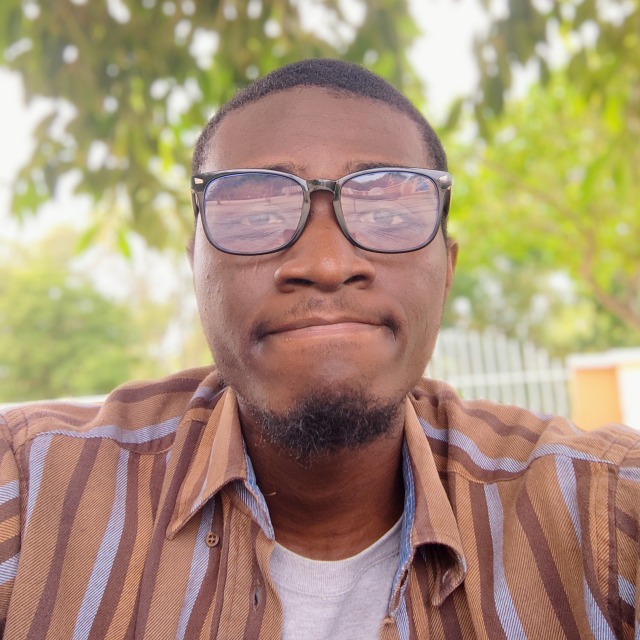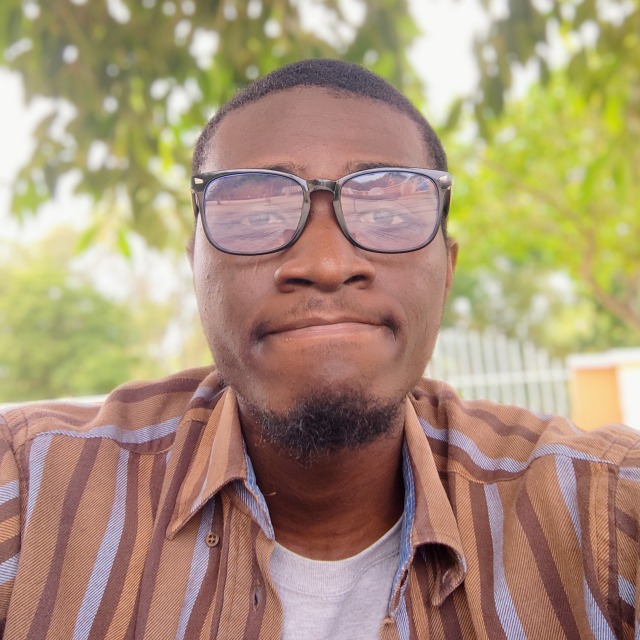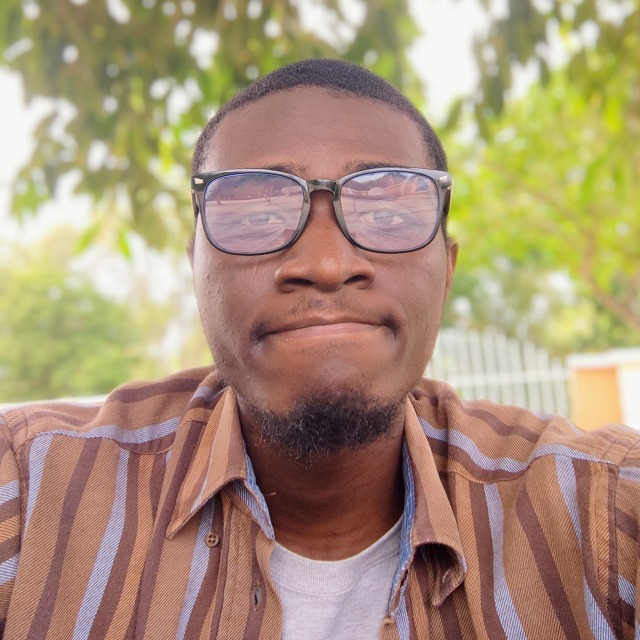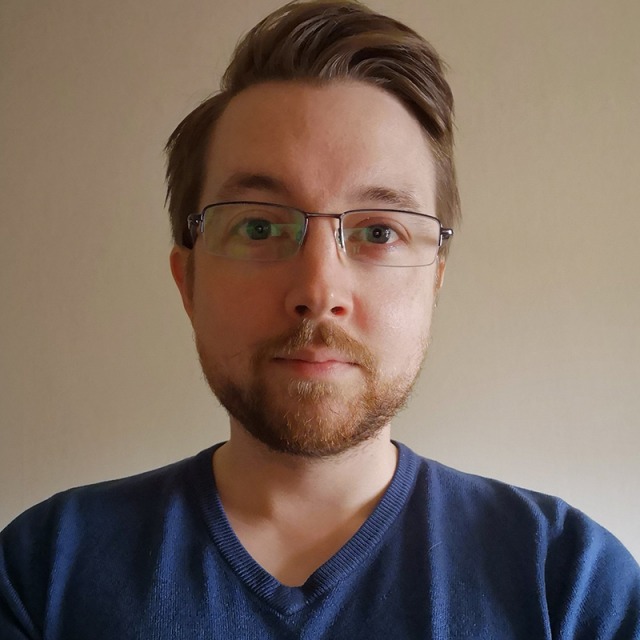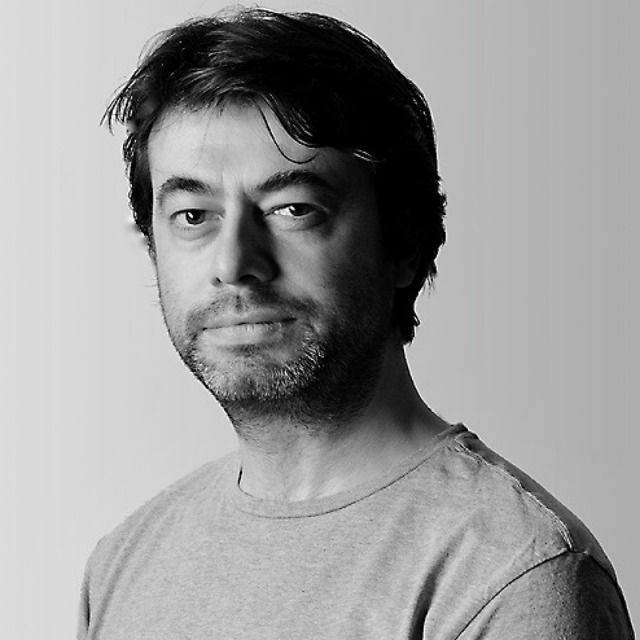“Africa is on track to become a top three market globally for mobile games”
“Africa is on track to become a top three market globally for mobile games”

- “Global investors are now looking seriously at Africa”
- “Africa has more Internet connected mobile phones than all of the USA, Canada and Mexico combined”
Pocket Gamer Connects Jordan returns on November 9th and 10th, 2024, offering you a chance to gain insights into the world’s fastest-growing games market, MENA.
As part of our MENA coverage and run-up to the event, we caught up with Pan African Gaming Group (PAGG) chairman, Usiku Games founder and industry veteran Jay Shapiro, to discuss the African games industry and the initiatives being put in place by the PAGG to build and grow the regions’s gaming ecosystem.
Tell us a bit about the PAGG and what you’re up to right now?
Jay Shapiro: PAGG is the largest game developer in Africa with nine studios across the continent, ranging from Tunisia in the North to Cape Town in the South and from Dakar, Senegal in the West to Ethiopia and Kenya in the East. We are a collection of talented youth dedicated to building games in Africa, for Africa. Typically, when people talk about “game development” they think you mean coders and programming.

In actual fact it’s an incredibly creative industry made up of animators and illustrators, voiceover artist and writers, sound engineers, project managers, community managers, legal, finance and marketing people. We are catalyzing thousands of new jobs across the continent, for what we believe will someday become one of the largest mobile gaming industries globally.
How do you decide which studios to include in the initiative and what are you doing to foster collaboration?
As a fairly new network – PAGG launched in 2022 – we want to be careful about growing too large, too soon. There are several other amazing game studios that want to join PAGG, and we are in active conversations with several of them.
Key factors are solid business models, uniquely talented teams, alignment with our core values, and the scale and potential of their market. I’m sure you will see several more studios join PAGG in the near future. We’re better together and most founders get that.

As an industry veteran and PAGG Chairman, how has the experience of leading this initiative been for you personally? Have you encountered any challenges?
This is Africa, everything is a challenge! We are literally building a new industry from the ground up. So, that means educating the investors, and the governments. It means building the capacity to produce our games through talent development and training, importing hardware, dealing with power issues and security issues, and payment issues, etc.
But if it were easy everyone would be doing it. This is a foundational exciting time and that’s why its so much fun to be in. Most of all, its inspiring, Giving voice to thousands of talented youth to finally share Africa’s rich history of stories that have existed here for generations, but until now have been unknown to most people around the world.
“Our studios have created social impact games around wildlife conservation, sexual and reproductive health, financial literacy and education.”
Jay Shapiro
Tell us more about the #GamingforGood movement. And how do you ensure a culturally relevant games experience to such a diverse audience across Africa?
#GamingForGood is fundamental to what PAGG is all about. We want to weave social impact into the tapestry of all African games, rather than simply copying what’s being done for the Western markets. That’s why in our games, we treat all genders as equals not objects. None of our games have guns in them. All of our games that are Made For Africa are Made In Africa.
PAGG is a proud member of the Playing For The Planet Global Alliance from the United Nations Environment Program. We are committed to ensuring that we both use our voice through our games responsible for creating climate action as well as ensuring that our own operations are carbon neutral around the continent.

Our studios have created social impact games around wildlife conservation, sexual and reproductive health, financial literacy and education. First and foremost though, all of our games are fun!
Talk to us about the changes you’ve observed in the local games industry, particular in Africa.
When we first started out there was less than 100 people across the continent earning a living from the gaming industry, and nobody was making a profit. Today that’s a very different picture and it’s growing rapidly. Last year Kenyan studio Nick can games have the number one game in 27 countries.
“When we first started out there was less than 100 people across the continent earning a living from the gaming industry. Today that’s a very different picture.”
Jay Shapiro
This year, one of Usiku’s games was featured by Apple as game of the day in 118 countries. South African studio Sea Monster published one of the top regarded games on Roblox, a platform that has over 300 million players per month.
In July, Microsoft hosted their Xbox Game Camp in Africa for the second time and this coming September Epic Games will be hosting their developer day live in Lagos, Nairobi and Cape Town simultaneously. There is so much happening across Africa now and as the largest game developer on the continent, we’re delighted for PAGG to be a strategic part of a lot of it.
Tell us more about your work with gamification in sectors such as education, healthcare, women’s empowerment and climate change.
Gaming is the number one entertainment medium globally for reaching youth. Unlike a 30 second interruptive TV commercial, people will spend hours actively interacting with their favorite games. This makes games and gamification a powerful tool for helping to make the world a better place through many different social impact themes.
We are currently working on games that will provide free eyeglasses to millions of children around the world, protect endangered species, and encourage a new generation of entrepreneurs to start their own first businesses. By combining behavioral economics, cultural anthropology, and game design, we can create super fun entertaining experiences that also do good.
A great example is our recent game called Electric Blue: Gecko Dash, which is all about protecting an endangered species of gecko from the Uluguru Mountains in Tanzania.

It’s out now on iPhone and Android.
Africa has a vast number of mobile users. What do you think is the key to tapping into this audience and why do you think some still overlook the market despite its growth potential?
That’s right, Africa has more Internet connected mobile phones than all of the USA, Canada and Mexico combined. That’s a number that has been growing at about 20% year over year, vs. about 2% in the USA. Combining that with the 1+ billion youth on the continent means that Africa is on track to become a top three market globally for mobile games. That’s a massive opportunity, not just for African studios, but for game developers around the world.
However, none of that existed 10 years ago. If you look at most of the images and videos in the West about Africa, they show lions and grass huts. It’s not surprising that many people in the West have not woken up to the amazing talent and opportunities that exist here. That is a big part of what PAGG is trying to do through our talks and articles like this.
What are your thoughts on emerging technologies such as AI, AR and VR in games? Do you see AI playing a role in transforming the games industry in Africa?
I believe that AI is going to play a huge role in most industries, all around the world. In more developed markets there is a lot of fear about AI “taking away jobs.” However, in Africa, where we are in much more of an innovation and growth stage, we are seeing AI used as a powerful tool for rapidly creating prototypes and new concepts, lowering entry barriers for youth to enter the market and get funding.
“We are seeing AI used as a powerful tool for rapidly creating prototypes and new concepts, lowering entry barriers for youth to enter the market and get funding.”
Jay Shapiro
In terms of funding and support for game studios in Africa, what has been your experience navigating the funding landscape?
The landscape is rapidly changing. When we first started out, Africa Gaming followed a ” funding” Meaning: “Your community better fund you, because no investor will!”
However with some of the big developments like Carry1st getting funded by Google, Andreesen Horowitz and others, together with PAGG and some of the bigger stories coming out of Egypt, and Turkey, Global investors are now looking seriously at Africa and we’re seeing interest from big gaming global players like Sony, Microsoft and Disney.
What are your predictions for the future of games in Africa and what should the industry look forward to from you? Are there any specific initiatives or projects on the horizon?
It’s a very exciting time for gaming in Africa. Despite some studios like Leti Arts in Ghana pushing for 10 years somehow, now we are at “Day One”. There are several amazing games in development across the continent and there are hundreds of millions of new African consumers who are coming online and playing some of their first games. Watch this space!

